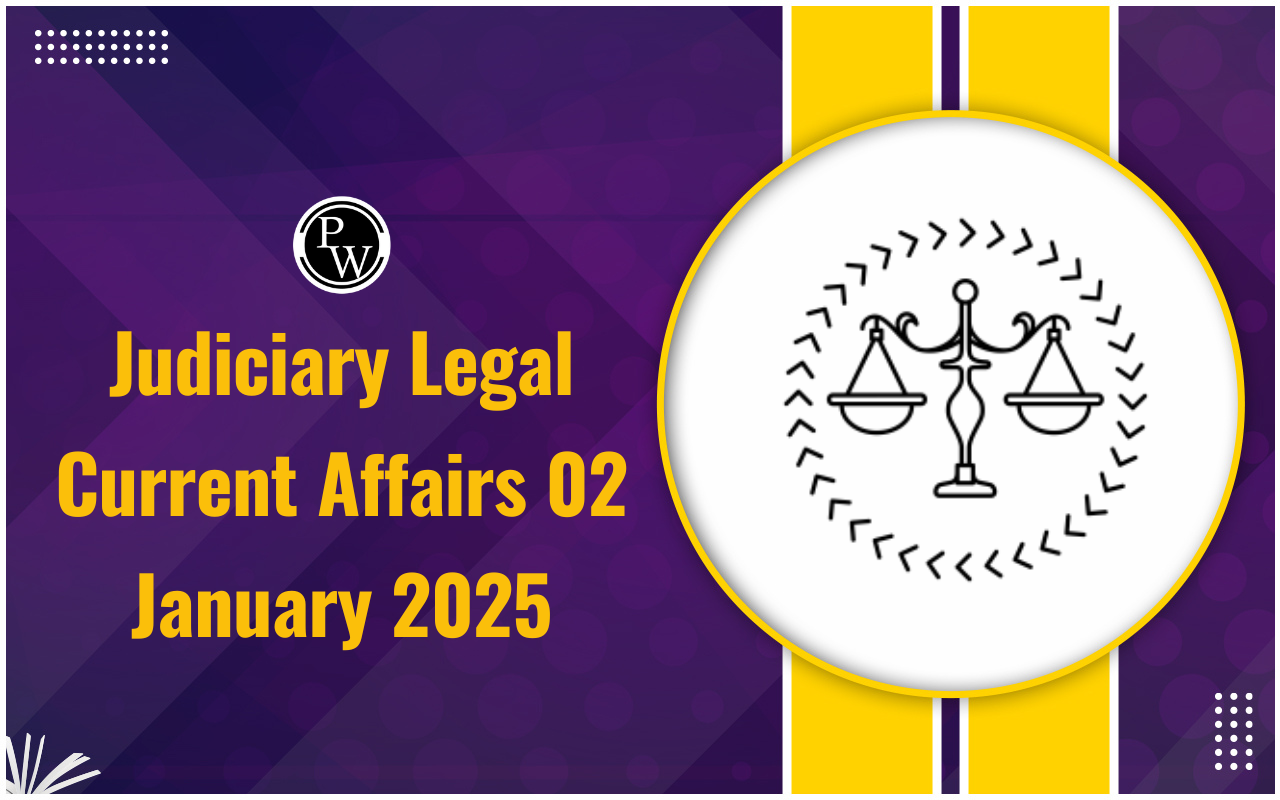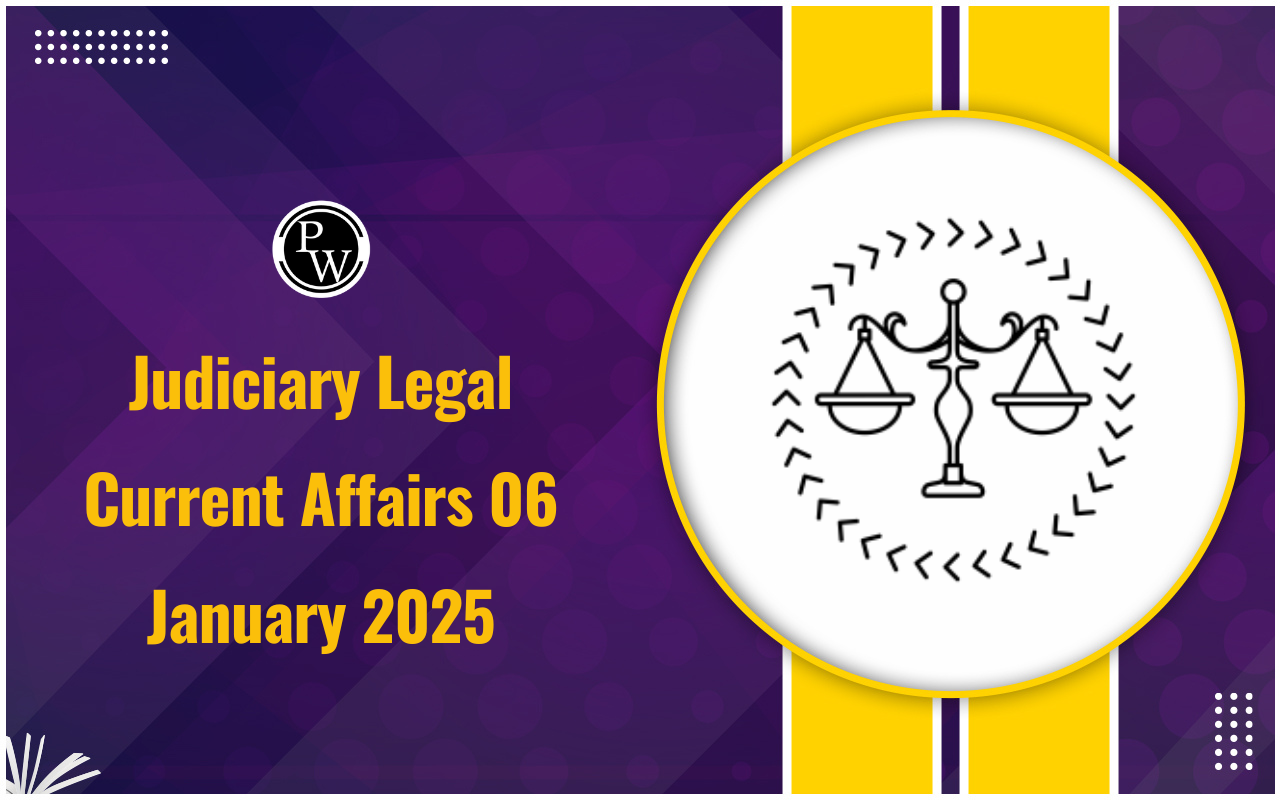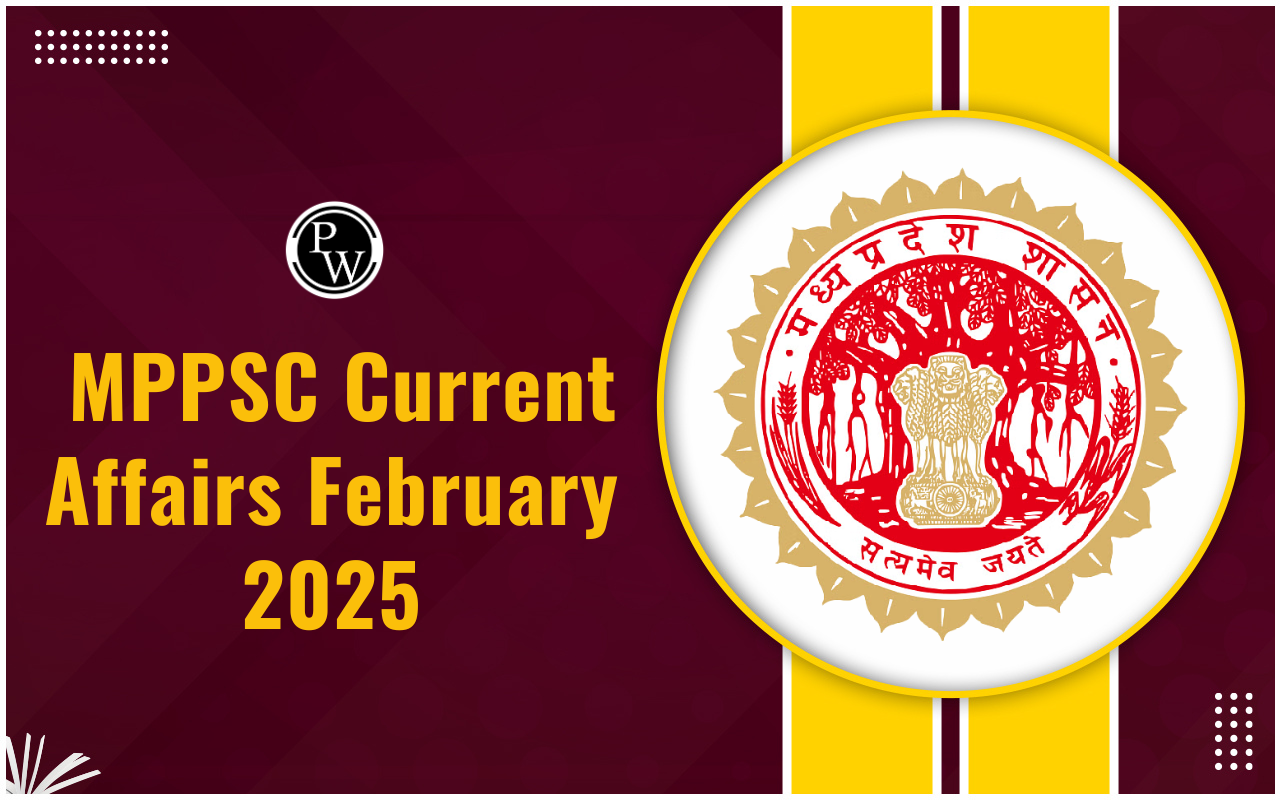
Wood’s Despatch: The Wood’s Despatch, introduced in 1854 by Charles Wood, the President of the Board of Control for the British East India Company, is often referred to as the Magna Carta of English Education in India. This landmark document was a formal dispatch to Lord Dalhousie, the Governor-General of India at that time. It recommended a significant shift towards the use of the English language in Indian education. The Despatch advocated for the use of vernacular languages at the primary level while promoting English for higher education. In this article, we will explore the background, key features, impacts, and limitations of the Woods Despatch and its influence on the Indian education system.
What was Wood’s Despatch 1854?
Wood’s Despatch of 1854, sent by Sir Charles Wood, the President of the Board of Control for India, marked a significant turning point in Indian education during British rule. This dispatch laid the groundwork for the modern educational system in India.- Promotion of Vernacular Languages: It recommended using local languages for primary school education, making learning more accessible to the general population.
- Medium of Instruction: For higher education, it suggested a blend of Anglo-Vernacular medium along with English, ensuring a broader reach and understanding.
- Foundation of English Education: Often termed the ‘Magna Carta’ of English Education in India, it played a pivotal role in spreading English language learning.
- Focus on Female Education: The despatch emphasized the importance of educating women, marking a progressive step for the time.
- Rejection of the Downward Filtration Theory: Instead of focusing on educating the elite with the hope that knowledge would trickle down to the masses, it advocated for broader educational access.
Who was Charles Wood?
Charles Wood, a significant figure in British India, served as the President of the Board of Control for the British East India Company. This board was established in India under Pitt’s India Act of 1784. Wood also held the position of Secretary of State for India. He was instrumental in promoting the use of the English language in higher education across India.Objectives of Wood's Despatch
Wood's Despatch aimed to expand education across India by establishing schools and colleges, emphasizing teaching in local languages, training teachers, promoting secular education, establishing universities, and preserving native literature.- Expansion of Education: Establish a well-organized network of schools and colleges across India.
- Vernacular Languages: Promote primary education in local languages by setting up primary schools.
- Trained Teachers: Create teacher training institutions to ensure high-quality education.
- Secular Education: Separate education from religious instruction, adopting a secular approach.
- Higher Education: Promote higher education by founding universities in major cities.
- Preservation of Native Literature: Develop and preserve native literature, and support the publication of books in regional languages.
Features of Wood's Despatch (1854)
Wood's Despatch of 1854 introduced significant reforms in Indian education, emphasizing vernacular languages in primary schools, promoting Anglo-Vernacular and English in higher education, advocating for women's education, and establishing a structured hierarchy from primary schools to universities. Read the given features of Wood’s despatch.Primary Education:
- Emphasized the adoption of vernacular languages in Indian primary schools.
- Each province is mandated to establish a separate Education Department.
- Every district is required to have at least one Government School following a structured educational approach.
Higher Education:
- Advocated for the promotion of Anglo-Vernacular and English languages in higher education across India.
- Proposed universities in major cities like Bombay, Madras, and Calcutta, modeled after the University of London, with a systematic approach to education.
Education of Women:
- Promoted women's education at all levels of the educational system.
Systematization of Educational Hierarchy:
Proposed a hierarchical system:- Establishment of primary schools in villages.
- Setting up Anglo-Vernacular High Schools.
- Affiliation of colleges at the district level.
- Establishment of universities in the Presidency towns.
Promotion of Languages:
- Advocated for the promotion of vernacular languages in primary education, reflecting the languages spoken widely among the Indian population.
Training of Teachers:
- Emphasized the comprehensive training of teachers at all levels of education.
Promotion of Secular Education:
- Supported the promotion of secular education at all educational levels.
Grants-in-Aid System:
- Recommended enhancing the grants-in-aid system to support private initiatives and foster the development of the educational system in India.
Impact of Wood's Despatch
Wood's Despatch in 1854 had a profound impact on India's education system, establishing universities, provincial education departments, promoting women's education, and introducing European and Indian educators.- Establishment of Universities: Universities in Bombay, Madras, and Calcutta were founded in 1857 as per the recommendations of Wood's Despatch.
- Provincial Education Departments: Separate educational departments were set up in all provinces across India.
- Promotion of Women's Education: J.E.D. Bethune established the Bethune School to advance women's education in India, supported by grants under Wood's Despatch.
- Development of Institutes: The Despatch facilitated the establishment of significant institutes like the Agricultural Institute at Pusa (Bihar) and the Engineering Institute at Roorkee (United Province, now Uttarakhand).
- Westernization of Education: A large number of European headmasters and principals were appointed to schools and colleges in British India, leading to the rapid westernization of the education system.
- Introduction of Private Indian Educators: Wood's Despatch also initiated the introduction of private Indian educators into the educational landscape of India.
Limitations of Wood's Despatch
Wood's Despatch, while influential, faced criticism for its focus on academic education over technical training, neglecting marginalized communities, promoting Western models, and facing financial challenges. Read the given points for better understanding.- Focus on Academic Education: Emphasized academic education but overlooked technical and vocational training essential for socio-economic growth.
- Neglect of Marginalized Communities: Failed to address educational disparities faced by Dalits and women, hindering their access to quality education.
- Promotion of Western Education: Prioritized Western educational models, potentially eroding indigenous knowledge and cultural heritage.
- Financial Constraints: Implementation hindered by financial limitations, limiting the effectiveness of proposed reforms.
- Centralized Control: Advocated central oversight, restricting local autonomy and region-specific educational innovations.
Wood's Despatch FAQs
What was Wood's Despatch of 1854?
Wood's Despatch of 1854 was a significant educational reform initiative introduced by Charles Wood, aimed at modernizing the Indian education system under British rule.
What were the main objectives of Wood's Despatch?
Wood's Despatch aimed to expand education in India by establishing a network of schools and colleges, promoting vernacular languages in primary education, and introducing English in higher education. It also focused on training teachers, promoting secular education, and supporting the preservation of native literature.
What impact did Wood's Despatch have on India's education system?
Wood's Despatch led to the establishment of universities in Bombay, Madras, and Calcutta, setting up provincial education departments, and promoting women's education. It also introduced European and Indian educators, facilitating the westernization of the education system in British India.
What were the limitations of Wood's Despatch?
Despite its reforms, Wood's Despatch faced criticism for prioritizing academic over technical education, neglecting marginalized communities like Dalits and women, promoting Western educational models at the expense of indigenous knowledge, and encountering financial constraints and centralized control issues.
How did Wood's Despatch influence the educational hierarchy in India?
Wood's Despatch proposed a structured educational hierarchy from primary schools in villages to Anglo-Vernacular High Schools, district-level colleges, and universities in major cities like Bombay, Madras, and Calcutta.
🔥 Trending Blogs
Talk to a counsellorHave doubts? Our support team will be happy to assist you!

Check out these Related Articles
Free Learning Resources
PW Books
Notes (Class 10-12)
PW Study Materials
Notes (Class 6-9)
Ncert Solutions
Govt Exams
Class 6th to 12th Online Courses
Govt Job Exams Courses
UPSC Coaching
Defence Exam Coaching
Gate Exam Coaching
Other Exams
Know about Physics Wallah
Physics Wallah is an Indian edtech platform that provides accessible & comprehensive learning experiences to students from Class 6th to postgraduate level. We also provide extensive NCERT solutions, sample paper, NEET, JEE Mains, BITSAT previous year papers & more such resources to students. Physics Wallah also caters to over 3.5 million registered students and over 78 lakh+ Youtube subscribers with 4.8 rating on its app.
We Stand Out because
We provide students with intensive courses with India’s qualified & experienced faculties & mentors. PW strives to make the learning experience comprehensive and accessible for students of all sections of society. We believe in empowering every single student who couldn't dream of a good career in engineering and medical field earlier.
Our Key Focus Areas
Physics Wallah's main focus is to make the learning experience as economical as possible for all students. With our affordable courses like Lakshya, Udaan and Arjuna and many others, we have been able to provide a platform for lakhs of aspirants. From providing Chemistry, Maths, Physics formula to giving e-books of eminent authors like RD Sharma, RS Aggarwal and Lakhmir Singh, PW focuses on every single student's need for preparation.
What Makes Us Different
Physics Wallah strives to develop a comprehensive pedagogical structure for students, where they get a state-of-the-art learning experience with study material and resources. Apart from catering students preparing for JEE Mains and NEET, PW also provides study material for each state board like Uttar Pradesh, Bihar, and others
Copyright © 2025 Physicswallah Limited All rights reserved.
Get App









